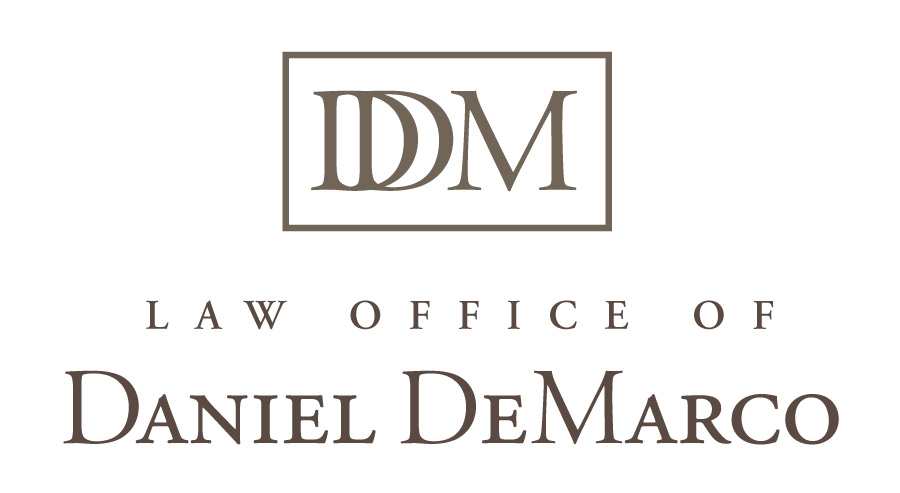Estate Administration – Probate
Probate and estate administration involves the legal procedures required for disposing of the assets of an individual, known as a decedent, after they die. Most of the time these assets consist of tangible personal property such as the contents of a home, automobiles, cash, and stocks and/or bonds. The decedent may have also owned real estate, such as their home or a second home, or vacant land. Some decedents set forth a specific desire as to whom their tangible personal property and real estate should be given in a Last Will and Testatment, or more commonly referred to as a Will. However, there are decedents who die without a Will, and in that circumstance, a specific law in Pennsylvania known as the intestate succession law dictates the individuals or entities to receive the personal property and any real estate owned by the decedent.
Regardless of whether a decedent dies with or without a Will, there is a process where a person must be appointed by the Court to be responsible for a variety of procedures that must be followed to ultimately dispose of the assets of the decedent. This is known as the “probate” of the decedents estate and is commenced by filing a petition with the Court seeking such appointment as the Executor, if a decedent died with a Will, or as the Administrator, if the decedent did not have a Will. It is very common for a spouse or child of the decedent to serve as the Executor of Administrator. After the petition is filed, creditors must be notified of the decedent’s death, any beneficiaries of the decedent’s estate must be notified, and a formal certification of such notice must be filed with the Court.
The next step involves finding and identifying all of the personal and real property of the decedent, filing of an Inventory of this property with the Court, and then reporting such assets through the filing of a Pennsylvania Inheritance tax return with the Pennsylvania Department of Revenue. There are different tax rates that must be paid on the on the property depending on the individuals receiving the decedent’s property, and there are also a variety of deductions that can be reported on the Inheritance Tax to reduce the overall tax liability of the decedent’s estate. A five percent (5%) discount on the tax liability is granted to the estate if the Inheritance Tax is paid no later than three (3) months after the death of the decedent. Most of the assets of the decedent can be determined within this period, but an Executor or Administrator can also pay an estimated amount of tax if there is uncertainty or complexity regarding the assets. However, the Inheritance Tax must be filed no later than nine (9) months from the date of the decedent’s death, otherwise penalties and interest will thereafter be assessed on the total assets of the estate. An Executor or Administrator must also be aware of the possibility of state and federal income tax liability of an estate, and a federal estate tax if the overall gross assets and prior taxable gifts of a decedent exceed $5,450,000.
Throughout the probate process the Executor or Administrator may also have to liquidate and sell or transfer personal property, or real estate of the decedent, and attempt to resolve claims that may be asserted by creditors of the decedent. There is also the possibility that disputes may arise among heirs and beneficiaries of the estate that need to be resolved, and in some circumstances, the intervention of the Court may be required to do so. Accordingly, a final distribution of the decedent’s estate may not be possible without what is known as a formal accounting with the Court. This procedure may also have to be initiated if there remain outstanding claims of creditors that cannot be settled by the Executor or Administrator.
Fortunately, the distribution of most estates can be accomplished by an accounting of all property of a decedent’s estate to the heirs or beneficiaries, detailing the gross assets and expenses of an estate and the appropriate distribution of these assets according to the decedent’s Will or the intestate succession laws of Pennsylvania.
Finally, the most informal way to distribute a decedent’s estate is through a Family Settlement Agreement. Such an Agreement also contains an accounting of all of the decedent’s property and specifies the distribution that all of the heirs or beneficiaries have agreed to accept by signing the Agreement. Thereafter, the Agreement is filed with the Court and the decedent’s estate is closed.
A person may have also created a Trust that has been funded with specific assets. The Trust is usually a separate document from a Will and is created by the decedent, who is referred to as the Settlor. The Settlor will appoint a Trustee who will be responsible for the investment and distribution of assets in the Trust Trusts are not required to go through the probate in Court, and usually are also created to avoid the payment of Pennsylvania and federal inheritance taxes. The administration of a Trust after the decedent, or Settlor, has died, can be simple or complex depending on a variety of factors.
I recommend a consultation with me to determine the most cost effective way I can provide you the legal counsel necessary to carry out your duties as an Administrator or Executor of the estate of a loved one or friend, or to review a Trust to make certain that your fiduciary duties as the Trustee of are being carried out to protect, properly invest and ultimately distribute assets to the beneficiaries of a Trust.
